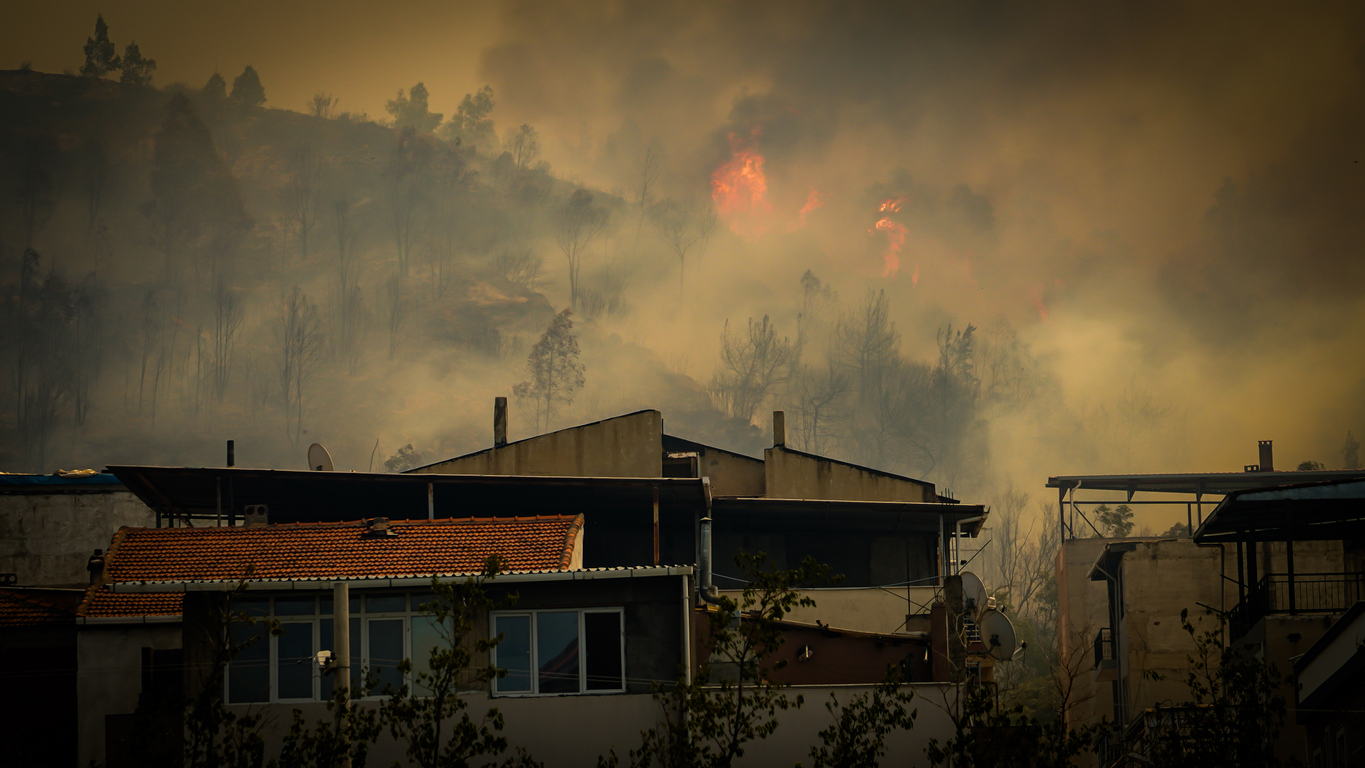It is hard to measure property damage and business income losses when human lives have been taken during a loss or occurrence. I have deposed many property and casualty company adjusters and despite their sophistication and experience in this niche industry, they inevitably choke with emotion when they talk about their experience adjusting catastrophic claims like 9/11 and Hurricane Katrina, where many lives were lost – I always say you can take property out of a policy, but you can never take human out of the policy.
Commercial insurance policies protect buildings and income losses in the event of a covered peril, and although the policies cover material items, most of these policies loudly require “reasonableness” in the claims adjustment process and demand that both the insured and insurance company adjust the loss “together” – which are human actions that go beyond the items insured.
On October 12, 2011 a hairdresser’s estranged ex-husband gunned down a hair salon, killing his ex-wife and 7 others in Seal Beach, CA, a quaint and small beachfront community in Orange County.
The perpetrator is expected to be tried in the Spring of 2013. In the meantime, the owner’s widow – who survived the massacre by hiding in a closet – has faced many challenges, including a disputed property insurance and business interruption claim. The owner established the salon over 20 years ago. I am sure that he never imagined his property insurance company would be unreasonable after such a tragic loss.
With the assistance of friends, the owner’s widow presented a property and business income loss claim with Employers Mutual Casualty (EMC). The company took 6 months to investigate the loss, paying the claim in piecemeal fashion. The company initially sent a check for $5,000 for what it had calculated to be a month of business income losses. Although it reaffirmed its calculation, stating the salon could have reopened within 30 days of the loss, the company then sent an unexplained $15,000 payment and another $8,000 as an “accommodation.”
Most of the hairdressers that the salon employed were killed during the massacre and the widow was too emotionally distraught to fix the bullet sprayed property and go back to work in a month. The salon’s landlord tried, but could not re-lease the property. He asked for a full re-build, but the EMC refused to pay for a rebuild.
According to the widow’s lawyer, the salon had a standard property and casualty insurance policy with a standard business interruption endorsement. The widow recently filed suit claiming the company delayed payment and improperly calculated half of the daily business income loss. In the lawsuit the widow claims that had EMC conducted a “reasonable” investigation, it would have determined that the salon could not have resumed its pre-loss operations within 30 days. The widow also alleges that EMC did not respond to her many letters that her calls for help and reconsideration just fell on deaf ears.
Salon Meritage is expected to open its doors next month. This will be an interesting case to follow. Most standard business interruption policy forms have a 12-month limit of recovery where the “Period of Restoration” (a.k.a Period of Indemnity) begins at the time of “direct physical loss or damage” and ends on the earlier of “the date when the property should be repaired, rebuilt, or replaced with reasonable speed and similar quality.” […] or “the date when the business is resumed at a new permanent location”, but not longer than a year from the date of the loss. Reasonableness is generally a question fact for the jury to decide.
EMC has yet to file its response, but its defense team will have to prove that any other salon in a similar situation would have been able to rebuild within 30 days the loss.




